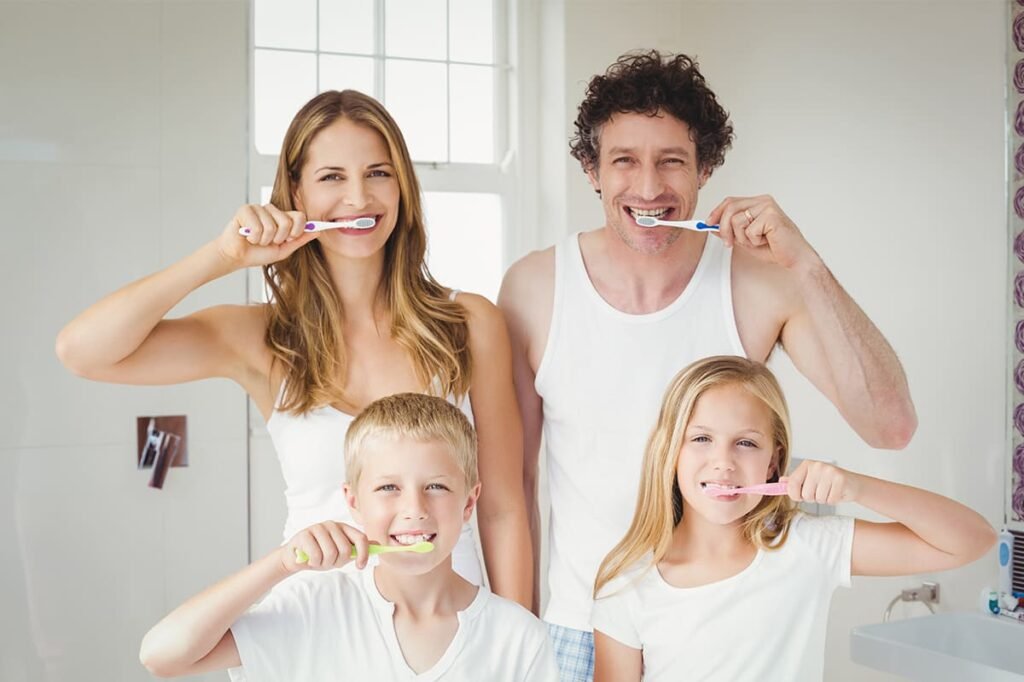Your mouth ages as you age. The nerves in your teeth become smaller, and your teeth become less sensitive to cavities and other issues. If you don’t check in with your dentist regularly or take care of yourself, your aging teeth can cause major complications. We’ll fill you in on everything you need to know to keep your teeth, or a loved one’s, healthy throughout aging.
Decay
Older adults often suffer from dry mouth because of other treatments or medications that have side effects, such as cancer treatments or cardiovascular medications. Saliva neutralizes bacteria and acids that can damage to your teeth over time. You can attack dry mouth by using artificial saliva products and staying hydrated.
If you have gum recession, your exposed root surfaces are softer than your tooth enamel, which speeds up decay. Root decay rapidly reaches the nerves in a tooth, leading to infection, or breaking off of the root completely.
You probably have fillings in your mouth that are years old and in need of replacing. Decay can begin under broken, leaky, or chipped fillings, so keep your regular dental visits. Even if you don’t feel anything wrong, it’s important to stay ahead of any oral health issues that may arise.
Gum Disease
Without proper care and check-ins at the dentist, the gums can develop gingivitis (inflammation of the gums) and worsen into periodontitis (inflammation of the bone around your teeth).
If you or a loved one had a tooth or two removed in the past, remember, you’re never too old to have them replaced. Missing teeth cause the surrounding teeth to shift and that creates areas around the gumline where food and bacteria collect. This is how gum infections begin.
Prevention
With proper education and healthy habits, you’ll have your teeth for a lifetime. On top of regularly flossing and brushing just remember to:
- Maintain a healthful diet. Just like your doctor says, make sure to eat foods that are low in sugar and stay hydrated. Older adults need 1,000 milligrams of calcium a day to prevent osteoporosis, which affects the bone surrounding your teeth.
- Reduce oral cancer risks. Oral cancer is common in older adults, so you should eliminate tobacco, alcohol, wear sunscreen, and have your dentist examine your mouth for signs of oral cancer.
- Check-in regularly with your dentist. This keeps you accountable for your health and stay ahead of any problems. These professional cleanings are necessary to remove plaque that can lead to gum disease. If you have any problems with flossing or brushing because of arthritis, ask your dentist about special dental aids like interdental cleaners and floss holders.
No Need to Brace Yourself
With the proper care, nutrition, and frequent check-ins, your smile will look and feel great for years to come. For some extra help at half the cost of an electric toothbrush, brush with our Oralwise Serise toothbrush and toothpaste to deep-clean your gums and polish your teeth.


3 Responses
Itís difficult to find educated people about this topic, but you seem like you know what youíre talking about! Thanks
Id like to thank you for the efforts you have put in penning this blog. Im hoping to view the same high-grade content by you in the future as well. In truth, your creative writing abilities has encouraged me to get my very own site now 😉
I need to to thank you for this wonderful read!! I absolutely loved every little bit of it. I have you book marked to check out new things you postÖ